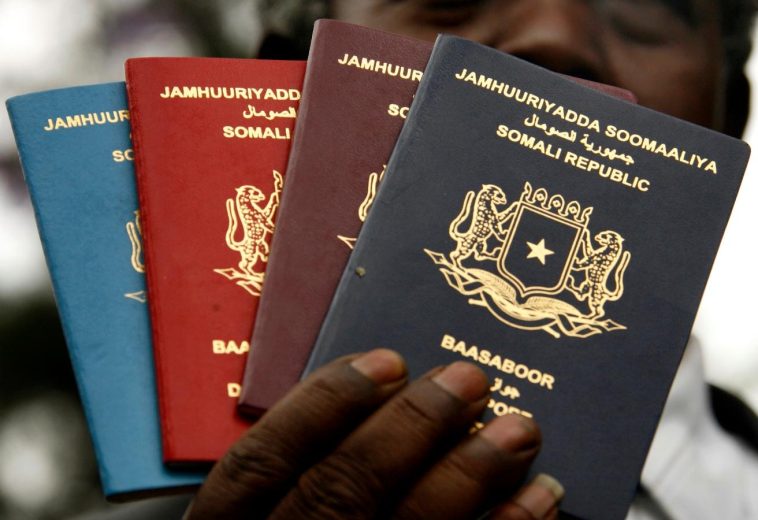From 1990 to 2000, Africa witnessed a substantial upswing in skilled migration, marking a twofold increase in individuals leaving their native lands—from 650,000 to 1.4 million. Even presently, approximately 20,000 adept professionals depart Africa annually. Nations such as Nigeria, Gambia, Ghana, Mozambique, Kenya, and Uganda exhibit high rates of emigration. This trend significantly impacts the medical field, where numerous doctors trained in Africa opt to pursue careers abroad. But this continental menace can be phased out, hence this article and the solutions proffered therein.
The surge in migration stems from diverse causes. Heightened unemployment within African nations compels skilled individuals to seek superior employment prospects overseas, potentially offering higher remuneration. Additionally, students studying abroad often opt to prolong their stay due to enhanced job opportunities and fewer avenues for research and teaching in their home countries.
Africa contends with resource inadequacies for academic research, hampering its contribution to global scientific knowledge. Outdated equipment, limited libraries, and insufficient funding impede academic advancement. Moreover, issues such as social upheaval, political corruption, and the challenges of reintegrating into native societies dissuade many from returning.
Impacts: Losses and Gains
The brain drain from Africa precipitates significant consequences. The continent loses a wealth of talented individuals, impeding progress in crucial sectors like healthcare and access to clean water. Simultaneously, countries receiving these skilled migrants benefit from an influx of proficient workers, albeit potentially adversely affecting the global economy. Regrettably, Africa’s contribution to the world economy, trade, and international investments remains limited.
Addressing Africa’s brain drain necessitates comprehensive solutions. Priorities include enhancing local universities, encouraging the repatriation of individuals who studied abroad, and fostering an environment conducive to growth and opportunities.
Resolving Africa’s brain drain is a gradual process, yet there is hope. Many individuals remain committed to aiding their home countries despite the challenges posed by migration. Africa’s trajectory hinges on implementing strategic measures to retain and harness its talented workforce.
Understanding the motivations behind emigration and rectifying underlying issues are pivotal. Africa can curtail brain drain, retain its talent pool, and forge a brighter future by diligently improving opportunities, resources, and incentives.
Strategies to Preserve Africa’s Skilled Workforce
Enhance Education: Bolster educational systems through increased funding and improved structures to retain skilled individuals within their home countries. Stimulate Economies: Foster job creation by supporting emerging enterprises, fostering innovation, and attracting investments, thereby not only generating employment but also enabling local talent to contribute to national betterment. Recognise Talent: Provide competitive salaries, benefits, and avenues for career advancement to retain skilled workers. Cultivating a conducive work environment will motivate and retain talent, benefiting the local economy. Promote Research: Stimulate research and innovative ideas, leveraging the skills of proficient individuals for scientific advancements domestically. Upgrade Infrastructure and Healthcare: Enhance quality of life by improving infrastructure and healthcare services, incentivizing skilled individuals to remain and contribute locally. Attraction of Diaspora: Encourage the return of skilled expatriates by offering incentives such as tax benefits or leadership positions. Stability and Governance: Ensure political stability and robust governance, which are imperatives for retaining skilled individuals within a country. Collaborative Initiatives: Foster collaboration between universities, research institutions, and businesses, harnessing skills and talents for local projects. Community Building: Foster connections among skilled individuals to create a support network, fostering their desire to remain and contribute. National Framework: Establish a comprehensive plan involving government and businesses to curtail brain drain and leverage local talent for development.
By implementing these strategies, African nations can retain their skilled workforce, leading to enhanced growth and prosperity within their borders.
To foster growth and development across the continent, all hands must be on deck with a focus on talent retention for Africa to transform the scourge of brain drain into brain gain.


